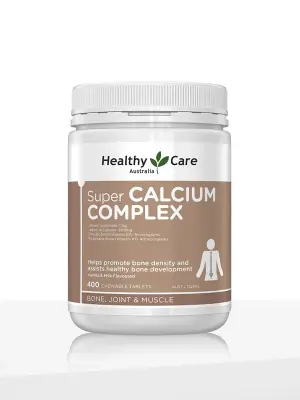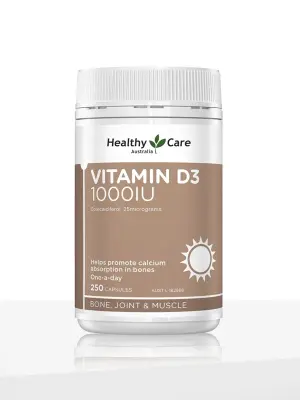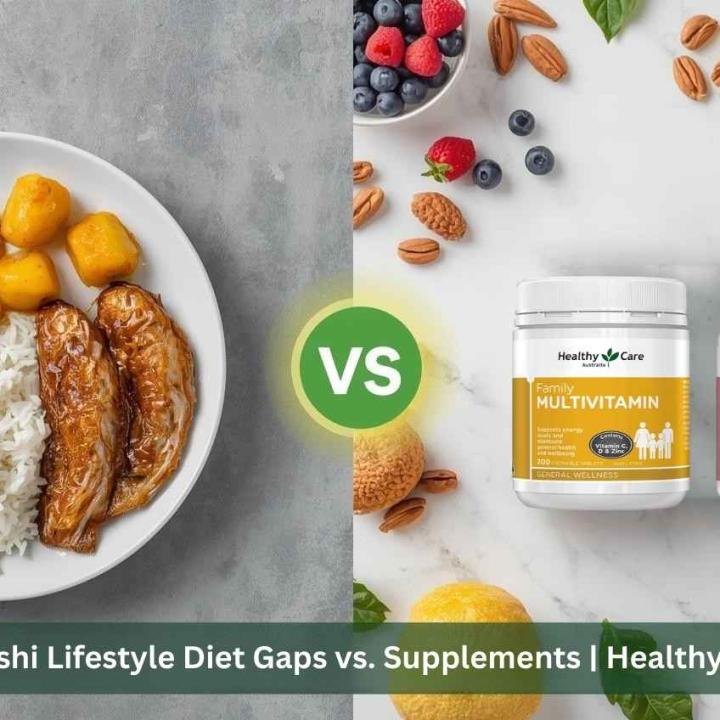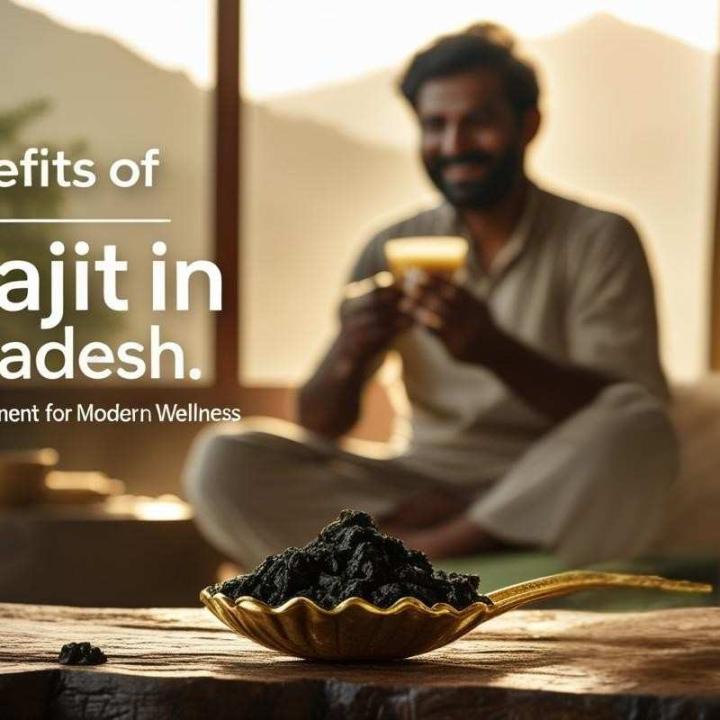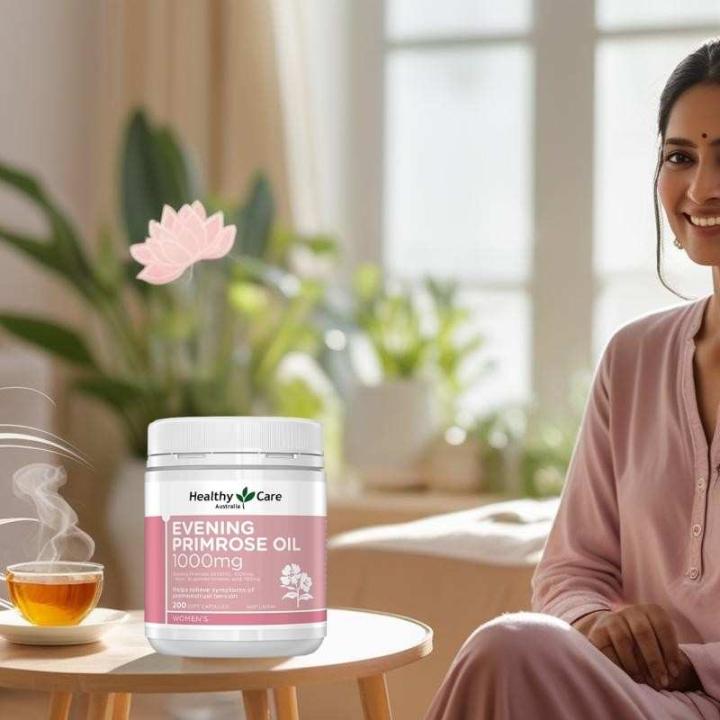
Do Bangladeshi Women Need More Calcium After Menopause?
Last Updated: October 2025
Written by: Nabila Akter, Certified Nutrition & Wellness Coach
Reviewed by: Dr. Tanvir Hossain, MBBS, Consultant, Rheumatology & Lifestyle Medicine
Introduction – Calcium and Menopause in Bangladesh
As women age, their bodies begin to change in ways that are often quiet but deeply impactful. In Bangladesh, most women experience menopause between ages 45 and 52, when estrogen levels drop. What many don’t realize is that this hormonal shift silently accelerates calcium loss from the bones, increasing the risk of fractures and chronic joint pain.
Whether it’s a mother feeling back pain while cooking or an aunt who suddenly breaks a bone from a light fall — these are often signs of calcium deficiency after menopause. The good news is that with a balanced diet, sunlight, and quality supplements, bone strength can be rebuilt naturally.
A Familiar Story – Rokeya Apa from Chattogram
Rokeya Apa, a 52-year-old schoolteacher from Chattogram, noticed her legs cramping at night and her nails becoming brittle. She ignored it for months, assuming it was “just age.” When she finally visited her doctor, she learned her bone density had dropped significantly. With calcium and vitamin D supplementation, regular walking, and sunlight exposure, she slowly regained her energy and strength.
Her story reflects what many Bangladeshi women experience: unrecognized calcium loss until it begins to interfere with daily life. Awareness and timely support can make all the difference.
Why Women Need More Calcium After Menopause
Estrogen helps maintain calcium balance in the bones. When it declines after menopause, bone density begins to decline, often by 1% to 2% each year. This leads to weaker bones and an increased risk of osteoporosis, a condition where bones become fragile and prone to fractures.
- 🔹 Estrogen levels decrease, reducing calcium absorption.
- 🔹 Bones release more calcium than the body can replace.
- 🔹 Menopausal women are more prone to back, hip, and wrist fractures.
Unfortunately, Bangladeshi diets are often rice-heavy and low in dairy or leafy greens, making calcium deficiency more likely. In fact, local studies suggest that over 60% of women over 45 have some level of bone density loss.
How Much Calcium Do Women Need Daily?
Nutrition experts recommend increasing calcium intake with age. Here’s a quick guide for Bangladeshi women:
| Age Group | Recommended Calcium (mg/day) | Vitamin D Requirement |
|---|---|---|
| Under 30 | 1000 mg | 600 IU |
| 30–50 | 1200 mg | 800 IU |
| Post-Menopause (50+) | 1300–1500 mg | 1000 IU |
Natural Ways to Support Bone Health
A strong bone system begins with simple daily habits. You don’t need to make drastic changes, just consistent ones. Here’s what helps most Bangladeshi women:
- 🥛 Include milk, yogurt, tofu, and leafy vegetables in daily meals.
- ☀️ Get 15–20 minutes of morning sunlight for natural vitamin D.
- 🚶 Walk or do light yoga regularly to improve bone strength.
- 🚫 Limit excessive tea, coffee, and salt, which can reduce calcium absorption.
Why Food Alone Isn’t Always Enough in Bangladesh
Urban lifestyles and diet patterns often make it difficult to get enough calcium naturally. Many women skip dairy due to lactose intolerance or dietary preferences. Sunlight exposure is limited for those who spend most of their day indoors. This is where supplements play a vital role; they fill the nutritional gaps safely and effectively.
Recommended Supplements for Post-Menopausal Bone Health
Healthy Care Australia offers TGA-certified, halal-friendly, and Australian-made supplements trusted by thousands of women across Bangladesh for maintaining bone density and strength after menopause.
💊 Healthy Care Super Calcium Complex + Vitamin D – 400 Chewable Tablets
- Combines calcium carbonate and vitamin D3 for better absorption.
- Strengthens bones, teeth, and muscle function.
- Ideal for women above 40 or post-menopausal.
✅ Halal Friendly | TGA Certified | Australian Imported
“These chewables taste pleasant and my back pain reduced after a month,” says Anwara, 54, from Khulna.
☀️ Healthy Care Vitamin D3 1000IU – 250 Capsules
- Supports calcium absorption and immune function.
- Helps maintain healthy bone density and energy.
- Perfect for indoor workers or women with low sunlight exposure.
✅ Halal Friendly | TGA Certified | Made in Australia
“After starting this with my calcium tablets, my energy returned and my sleep improved,” shares Shahana, 49, from Dhaka.
Which Supplement Should You Choose?
| Supplement | Main Benefit | Best For |
|---|---|---|
| Calcium Complex + Vitamin D | Builds bone density and prevents fractures | Women over 40 or post-menopausal |
| Vitamin D3 1000IU | Enhances calcium absorption and energy levels | Women with limited sunlight exposure |
Daily Habits to Support Calcium Levels
- 🥛 Drink milk or soy milk daily for natural calcium.
- ☀️ Get sunlight before 10 AM for vitamin D.
- 🚶 Walk 20–30 minutes a day for bone strength.
- 🍃 Eat green leafy vegetables, almonds, and sesame seeds.
- 🚫 Avoid excess caffeine and smoking.
Why Trust HealthyCare.com.bd
- 🇦🇺 Official importer of Australian-made Healthy Care supplements.
- 🕌 100% halal-friendly, with no pork or alcohol ingredients.
- 🛡️ TGA-approved quality and safety standards.
- 🚚 1–3 day delivery anywhere in Bangladesh.
- 💬 Verified user feedback and after-sales support.
🧾 FAQs – Calcium After Menopause
Q: How much calcium should Bangladeshi women take after menopause?
About 1300–1500 mg of calcium and 1000 IU of vitamin D daily is ideal for women over 50.
Q: Are Healthy Care calcium supplements halal?
✅ Yes. All Healthy Care products are halal-friendly, alcohol-free and made under strict TGA certification.
Q: Can I take calcium and vitamin D together?
Yes. Vitamin D helps the body absorb calcium more efficiently, so taking them together is highly effective.
Q: Can supplements replace food sources?
No. Supplements fill nutritional gaps but should complement a balanced diet rich in natural calcium sources.
Q: How long should I continue taking calcium supplements?
Most women continue daily use for several months or long-term maintenance, depending on their bone density results.
🔗 Explore Related Guides
Final Word – Strong Bones, Strong Future
Menopause is not the end of strength, it’s a new phase that calls for more care. With consistent nutrition, daily movement, and trusted supplements, Bangladeshi women can stay active, confident, and pain-free for years to come. Take care of your bones today so they continue to carry you gracefully tomorrow.
📚 References
Disclaimer: This article is for informational purposes only and is not a substitute for medical advice. Always consult a healthcare professional before starting supplements.

